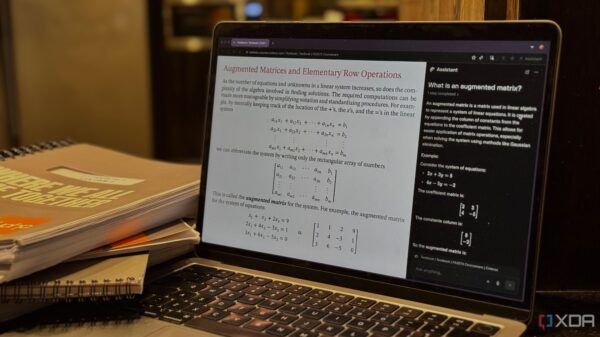Suffolk County has announced its intention to appeal a federal judge’s decision that awarded nearly $112 million to approximately 700 immigrants whom the county unlawfully detained. The ruling, which found that the Suffolk County Sheriff’s Office violated Fourth Amendment rights, came after the county held these individuals beyond their scheduled release times.
According to county spokesperson Michael Martino, the appeal stems from a jury’s determination that the sheriff’s office improperly adhered to ICE detainer requests. These detentions occurred between July 18, 2014, and November 15, 2018, with many individuals detained even after their bail had been paid. The sheriff’s office ceased compliance with ICE detainer requests after the latter date, highlighting a significant shift in policy.
The $112 million payout will be distributed among 674 immigrants affected by these detentions. This legal battle mirrors a recent settlement in New York City, where officials agreed to pay up to $92.5 million regarding the unlawful detention of over 20,000 immigrants. Despite the county’s plans to appeal, attorney Andrew Case from LatinoJustice PRLDEF expressed confidence in the legal team’s ability to identify eligible individuals for the compensation.
A federal jury in New York found Suffolk County liable for detaining migrants past their release dates without due process. This decision followed the court’s rejection of the county’s motion to dismiss the claims. The defense argued that local authorities should enjoy the same immunity as federal agencies like ICE, but Judge Kuntz firmly stated that “the rule of law defines the power of the police: not the other way around.”
Deputy General Counsel at LatinoJustice PRLDEF, José Pérez, hailed the jury’s verdict as a significant affirmation of due process rights. He remarked, “The jury confirmed what we have argued all along, that Suffolk County’s actions trampled the basic due process rights guaranteed under the 14th Amendment.”
The legal representation for the immigrants included attorneys from Winston & Strawn LLP and LatinoJustice PRLDEF, while Suffolk County’s defense was managed by attorneys from Dewey Pegno & Kramarsky LLP and the Suffolk County Attorney’s Office.
As this legal battle unfolds, the implications of the ruling could resonate beyond Suffolk County, prompting a broader discussion about the treatment of immigrants and the responsibilities of local authorities in immigration enforcement.






































































